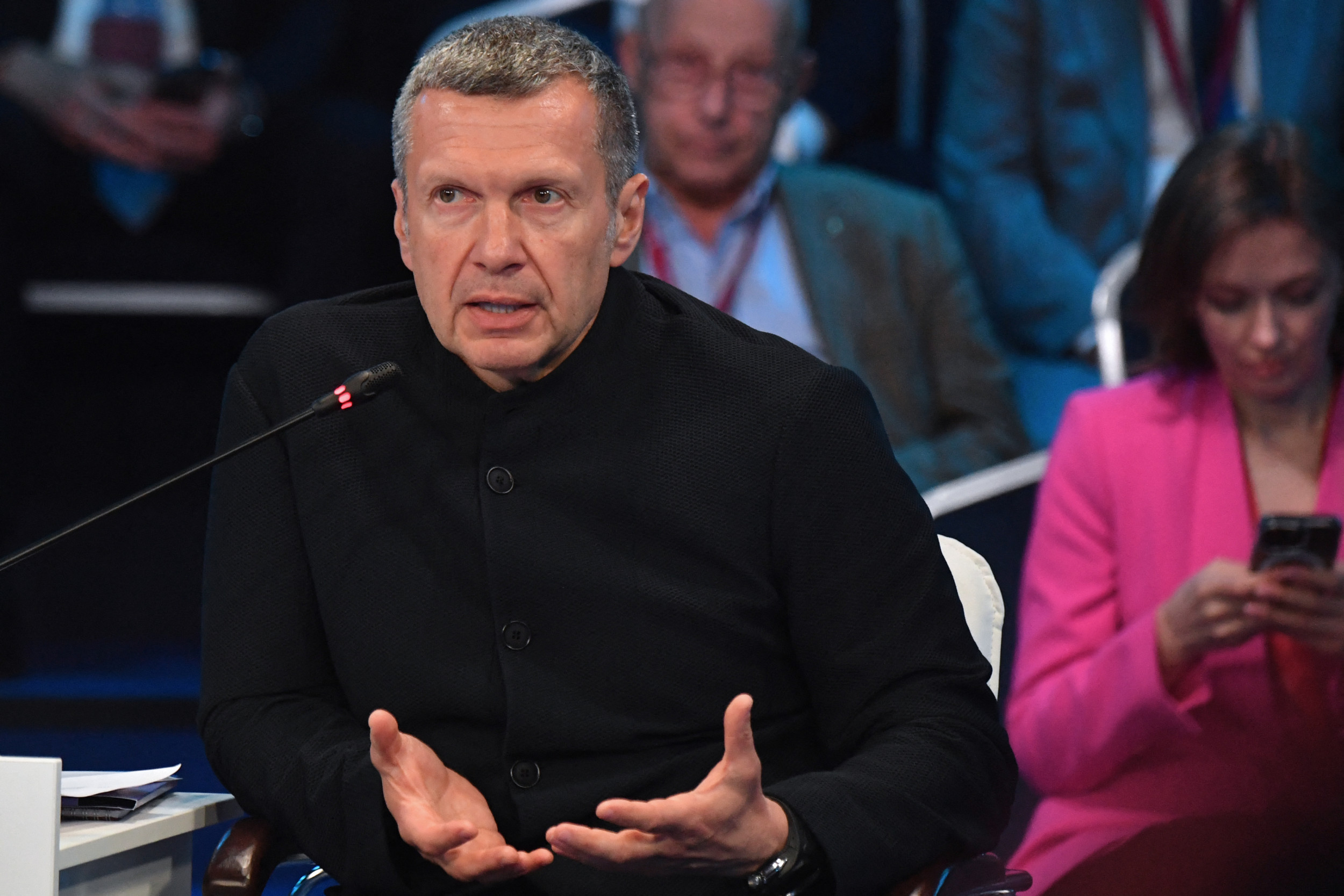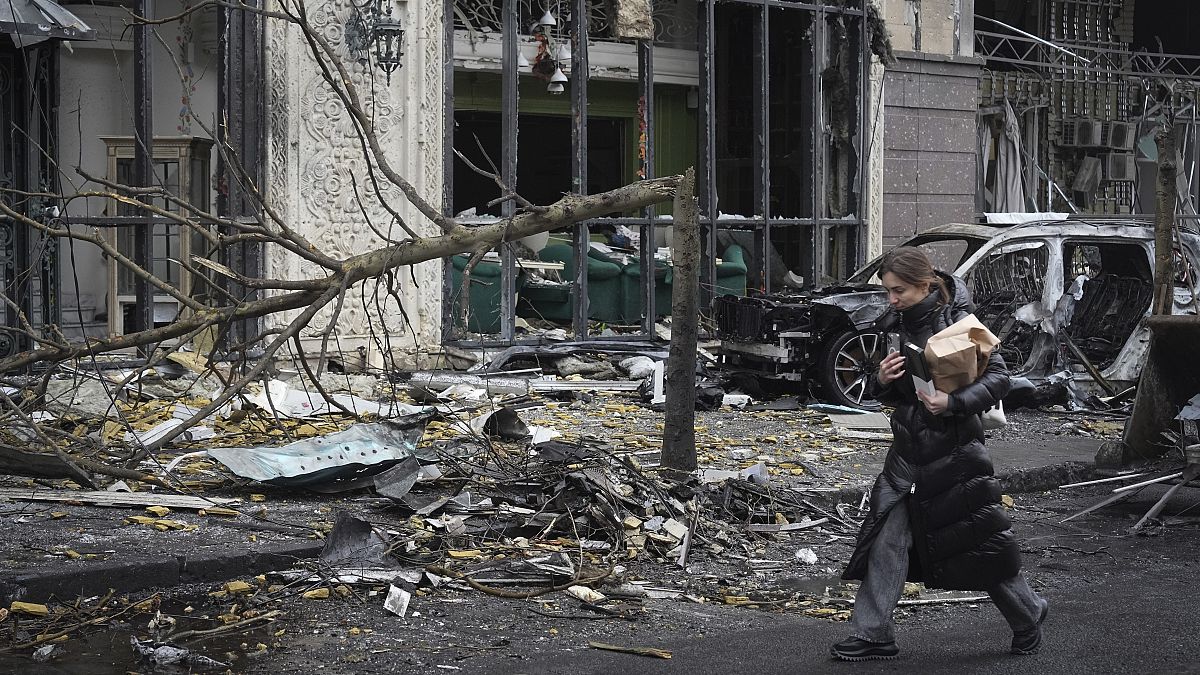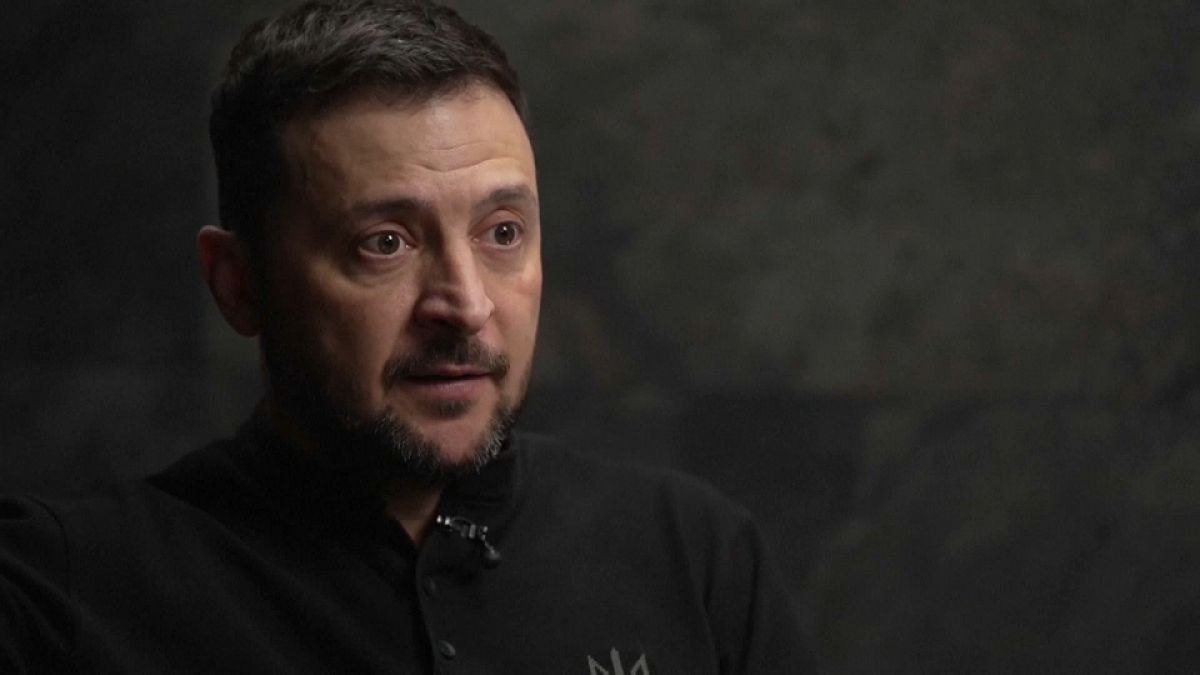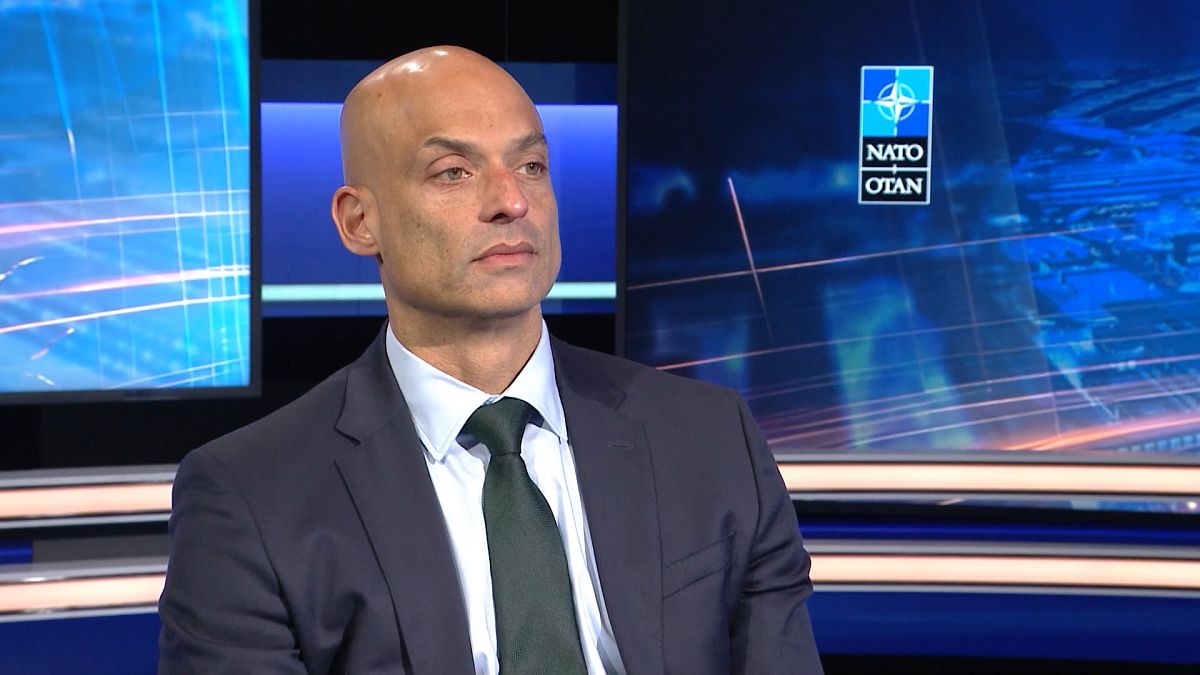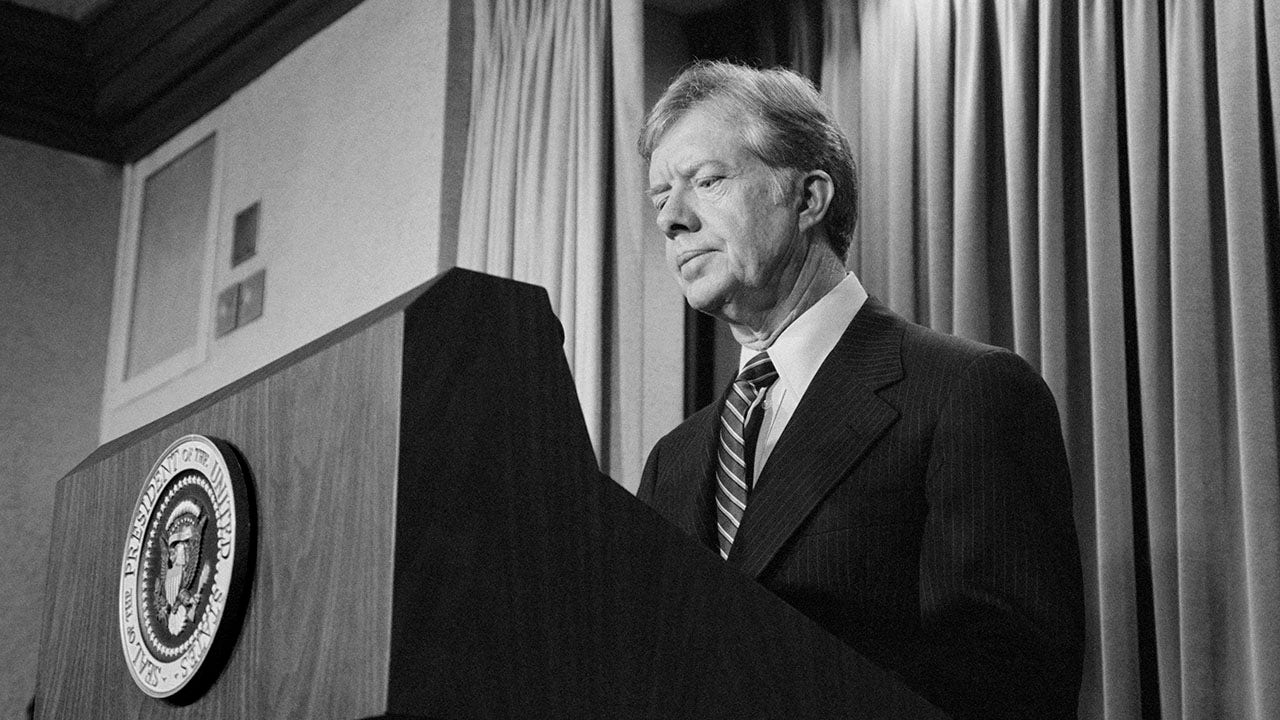World
State of the Union: Turkey drops Sweden NATO veto
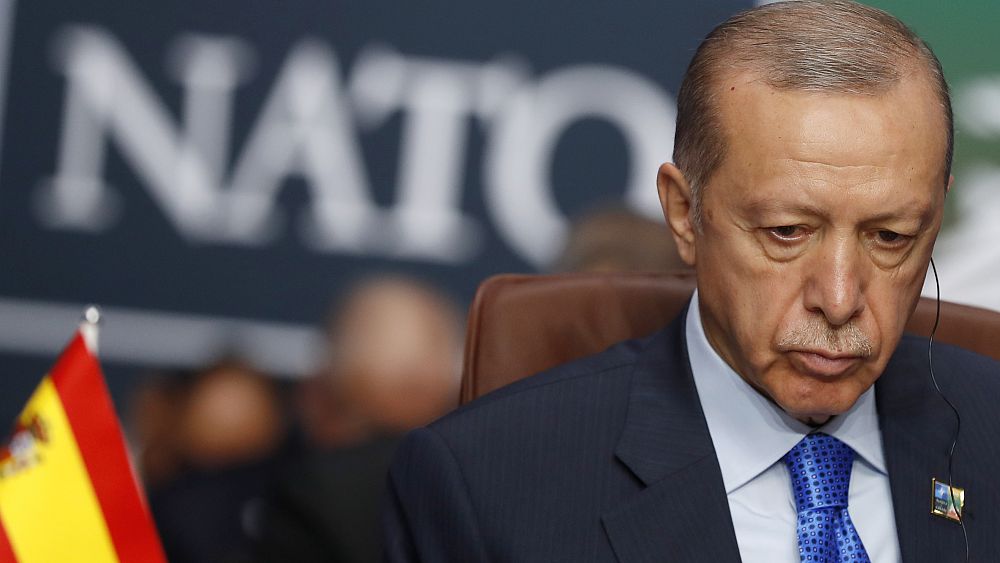
Ankara had refused to endorse Stockholm as a candidate for the Western military alliance since last year.
This week, the moment NATO had been waiting months for finally came, as Turkey dropped its veto of Sweden’s accession to joining the military alliance.
“This is a historic day because we have a clear commitment by Turkey to submit the ratification documents to the Grand National Assembly and to work closer with the Assembly to ensure ratification,” NATO Secretary General, Jens Stoltenberg said on Monday.
The agreement came unexpectedly, as Turkish President Recep Tayyip Erdogan had announced just the day before that he would only back Stockholm’s NATO candidacy if the European Union resumed long-standing membership talks with Ankara – a no-go for most EU countries.
In the end, Erdogan supported Sweden’s bid after he received the backing on key conditions that ranged from buying US F-16 fighter jets to visa-free travel in the Schengen area.
Nature Restoration Law survives
After months of bitter bickering, the European Parliament narrowly passed a key law to protect nature – a core pillar of the EU’s Green Deal.
Although details will still need to be thrashed out with member states, the law will place recovery measures on 20% of the EU’s land and sea by the end of this decade and on all degraded ecosystems by mid-century.
Leading the opposition was the centre-right European People’s Party which alleged that the Nature Restoration Law could undermine food security and stoke inflation.
Backers of the bill accused them of scaremongering ahead of European elections next year.
That begs the question: Could campaigning on people’s fear of inflation be a winning argument?
Only if the economic environment remains volatile and inflation remains stubbornly high, which, for now, seems to be the case.
Ann-Katrin Petersen, a senior investment strategist and director at the BlackRock Investment Institute, said in an interview that this is likely to remain.
“The reality is that inflation has come down driven by lower energy prices. This is a relief for private households and firms in Europe,” Petersen told Euronews.
“However, a number of factors, including the tight labour market – let’s bear in mind that euro area unemployment is still close to a multi-decade low – mean higher wages and higher underlying cost pressures.
“So, in a nutshell, we might face sticky inflation,” she added.
MEPs back weapons production
The Nature Restoration Law was not the only consequential vote to take place in the Parliament this week.
On Thursday, it backed the use of as much as €500 million from the EU budget to finance the bloc’s industrial production capacities for ammunition, such as ground-to-ground missiles and artillery.
The regulation, known as the Act in Support of Ammunition Production (ASAP), was proposed by the European Commission in May, but was fast-tracked through the EU legislative process, with almost all the political groups voting in favour of it.
“We should not refrain from defensive capabilities support like the one that we are giving with this regulation, to ensure that Ukraine would not run out of the ammunition they need to defend from the aggression,” Brando Benifei, an Italian socialist MEP told Euronews.
It is the first time that the EU has directly financed the production of weapons. But not everyone was happy about it.
“This means that we now have a situation in which the European Union funds not just research and development for arms, but not just by arms, but is also going to fund directly the production of weapons from companies that are making excessive profits already,” Marc Botenga, an MEP from the Left told Euronews.

World
Jeff Baena, Film Director and Husband of Aubrey Plaza, Dead at 47

ad
World
World’s oldest person dies in Japan at 116
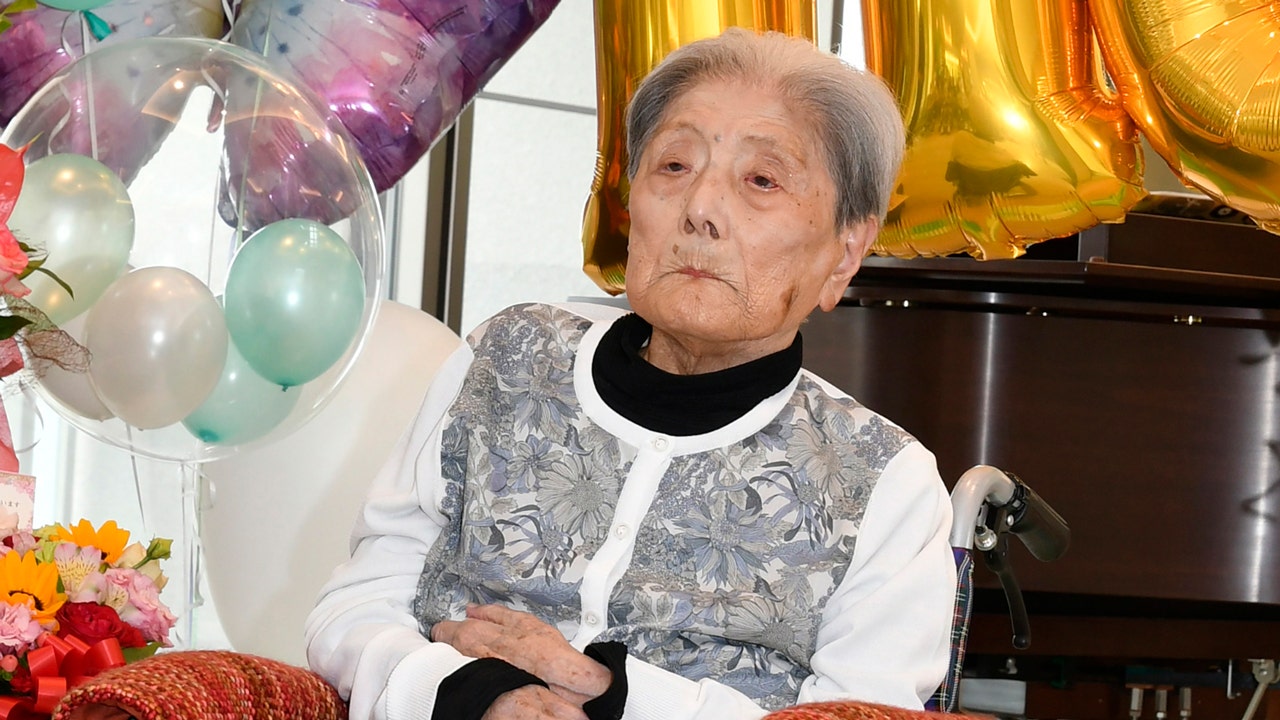
Tomiko Itooka, a Japanese woman who was the world’s oldest person, according to Guinness World Records, has died, an Ashiya city official said Saturday. She was 116.
Yoshitsugu Nagata, an official in charge of elderly policies, said Itooka died Dec. 29 at a care home in Ashiya, Hyogo Prefecture, central Japan.
Itooka, who loved bananas and a yogurt-flavored Japanese drink called Calpis, was born May 23, 1908. She became the oldest person last year after the death of 117-year-old Maria Branyas, according to the Gerontology Research Group.
Tomiko Itooka celebrates her 116th birthday at the nursing home where she lives in Ashiya, Japan, May 23, 2024. (Ashiya City via AP)
WORLD’S OLDEST MAN, DEAD AT 112, ATE THIS MEAL EVERY FRIDAY
When she was told she was at the top of the World Supercentenarian Rankings List, she simply replied, “Thank you.”
When Itooka celebrated her birthday last year, she received flowers, a cake and a card from the mayor.
Born in Osaka, Itooka was a volleyball player in high school and long had a reputation for a sprightly spirit, Nagata said. She climbed the 3,067-meter (10,062-foot) Mount Ontake twice.
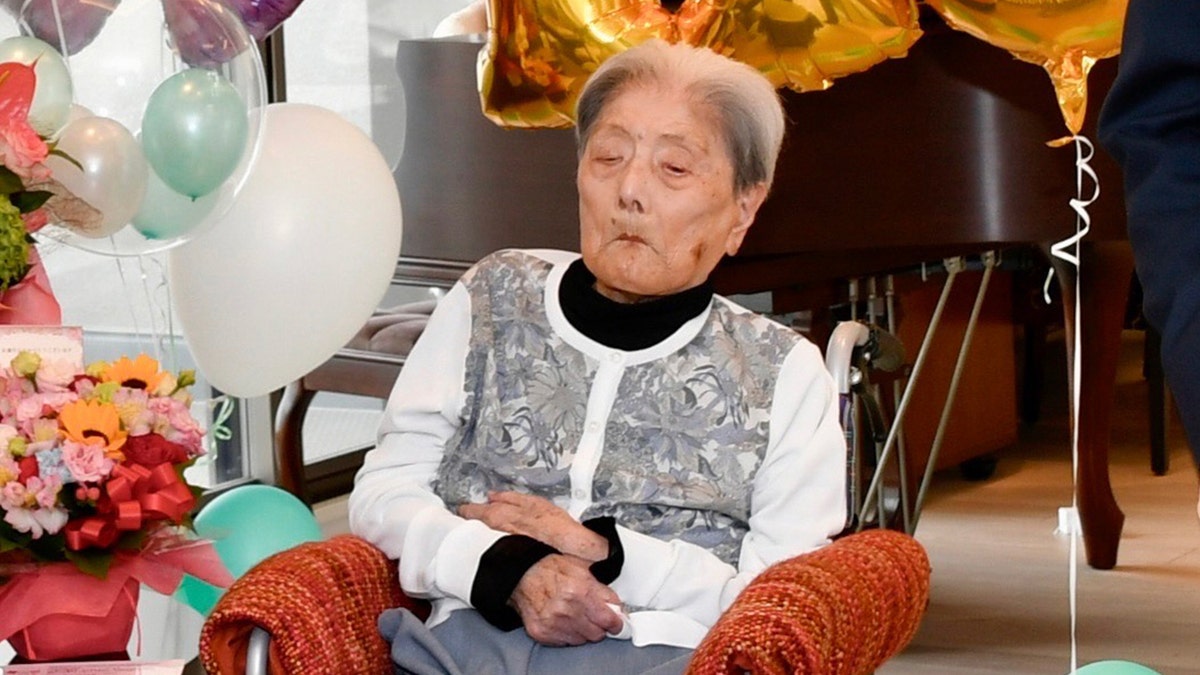
Tomiko Itooka celebrates her 116th birthday at the nursing home where she lives in Ashiya, Japan, May 23, 2024. (Ashiya City via AP)
OLDEST PERSON IN THE US, ELIZABETH FRANCIS, DIES AT 115 YEARS OLD IN HOUSTON
She married at 20, and had two daughters and two sons, according to Guinness.
Itooka managed the office of her husband’s textile factory during World War II. She lived alone in Nara after her husband died in 1979.
She is survived by one son and one daughter and five grandchildren. A funeral service was held with family and friends, according to Nagata.
According to the Gerontology Research Group, the world’s oldest person is now 116-year-old Brazilian nun Inah Canabarro Lucas, who was born 16 days after Itooka.
World
Austrian chancellor to resign after coalition talks collapse
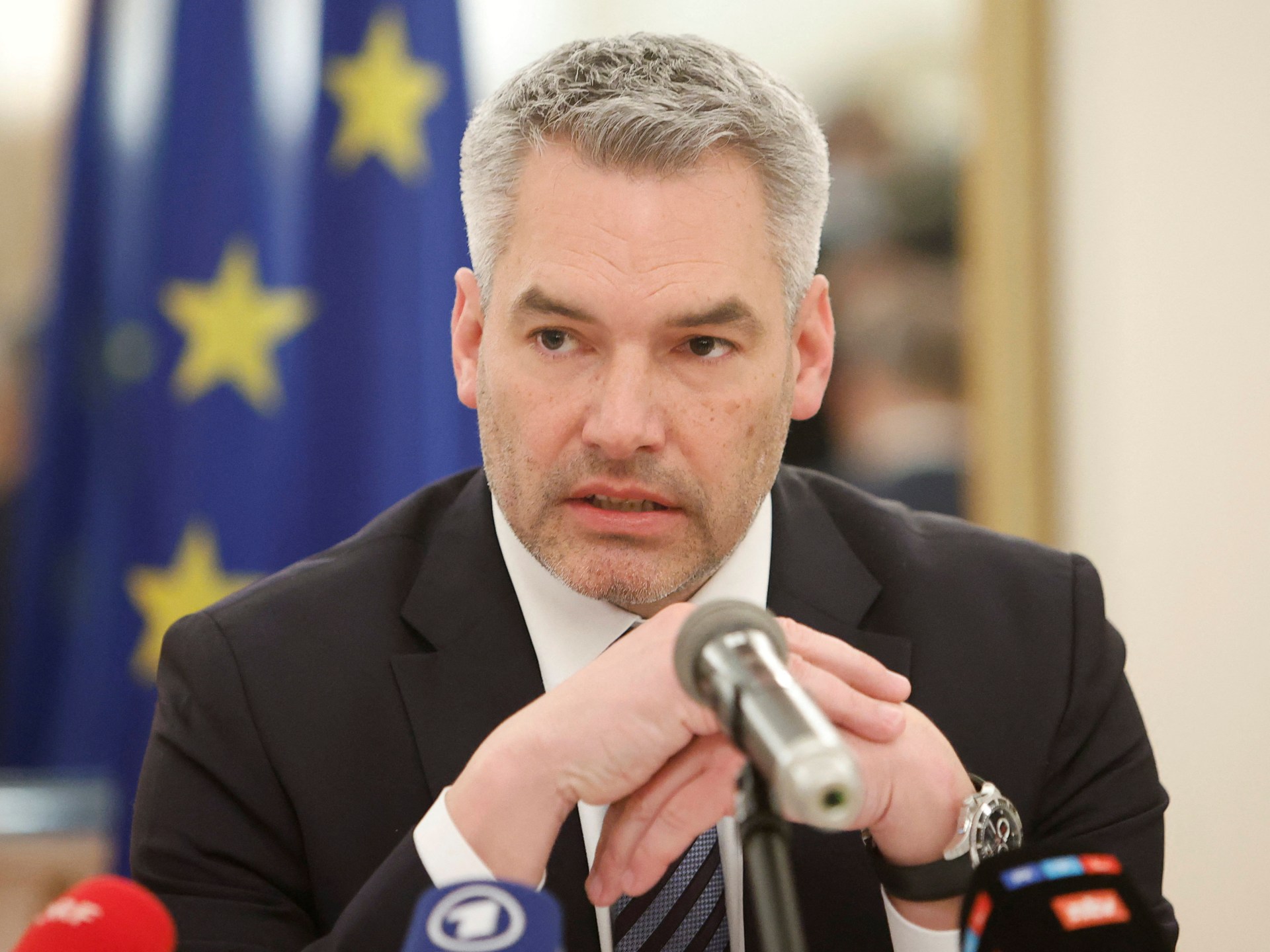
Nehammer says his People’s Party would not support measures that it believes would harm the economy or new taxes.
Austrian Chancellor Karl Nehammer has said he will resign after talks between the country’s biggest centrist parties on forming a government without the far-right Freedom Party (FPO) collapsed.
The announcement on Saturday comes a day after the liberal Neos party withdrew from the negotiations with Nehammer’s conservative People’s Party (OVP) and the Social Democrats (SPO).
“After the breakoff of the coalition talks I am going to do the following: I will step down both as chancellor and party chairman of the People’s Party in the coming days,” he said.
In a video posted to his social media accounts, the outgoing chancellor said “long and honest” negotiations with the centre-left failed despite a shared interest in fending off the gaining far right.
Nehammer emphasised that his party would not support measures that it believes would harm the economy or new taxes.
He said he would enable “an orderly transition” and railed against “radicals who do not offer a single solution to any problem but only live from describing problems”.
The far-right Freedom Party (FPO) won the first parliamentary election in its history in late September with close to 30 percent of the vote.
But other parties refused to govern in a coalition with the eurosceptic, Russia-friendly FPO and its leader Herbert Kickl, so President Alexander Van der Bellen in late October tasked Nehammer to form a coalition.
Nehammer’s announcement comes after he also failed to reach an understanding with the Neos party.
Neos leader Beate Meinl-Reisinger said progress was impossible and that “fundamental reforms” had not been agreed upon.
After the chancellor’s exit, the OVP is expected to convene to discuss potential successors.
The political landscape remains uncertain in Austria, with no immediate possibility of forming a stable government due to ongoing differences between the parties.
The president may now appoint another leader and an interim government as the parties try to find a way out of the deadlock.
The next government in Austria faces the challenge of having to save between 18 to 24 billion euros ($18.5-24.7bn), according to the European Commission.
The country’s economy has been in a recession for the past two years, is experiencing rising unemployment and its budget stands at 3.7 percent of gross domestic product – above the European Union’s limit of 3 percent.
-

 Health1 week ago
Health1 week agoNew Year life lessons from country star: 'Never forget where you came from'
-
/cdn.vox-cdn.com/uploads/chorus_asset/file/24982514/Quest_3_dock.jpg)
/cdn.vox-cdn.com/uploads/chorus_asset/file/24982514/Quest_3_dock.jpg) Technology1 week ago
Technology1 week agoMeta’s ‘software update issue’ has been breaking Quest headsets for weeks
-

 Business4 days ago
Business4 days agoThese are the top 7 issues facing the struggling restaurant industry in 2025
-

 Politics1 week ago
Politics1 week ago'Politics is bad for business.' Why Disney's Bob Iger is trying to avoid hot buttons
-

 Culture4 days ago
Culture4 days agoThe 25 worst losses in college football history, including Baylor’s 2024 entry at Colorado
-

 Sports4 days ago
Sports4 days agoThe top out-of-contract players available as free transfers: Kimmich, De Bruyne, Van Dijk…
-

 Politics2 days ago
Politics2 days agoNew Orleans attacker had 'remote detonator' for explosives in French Quarter, Biden says
-

 Politics2 days ago
Politics2 days agoCarter's judicial picks reshaped the federal bench across the country

